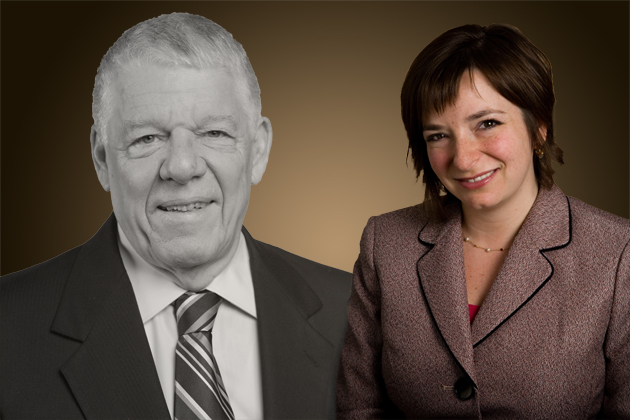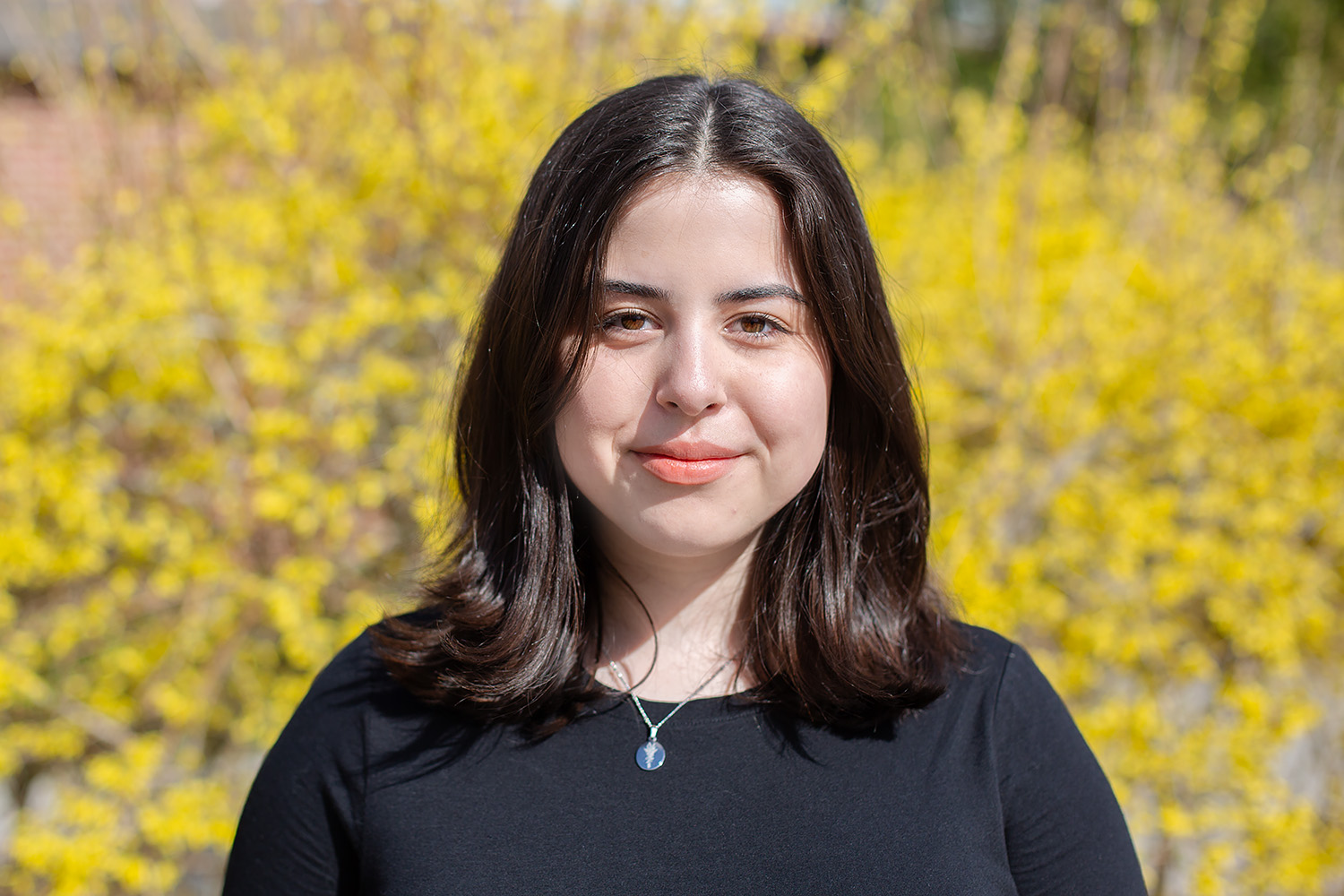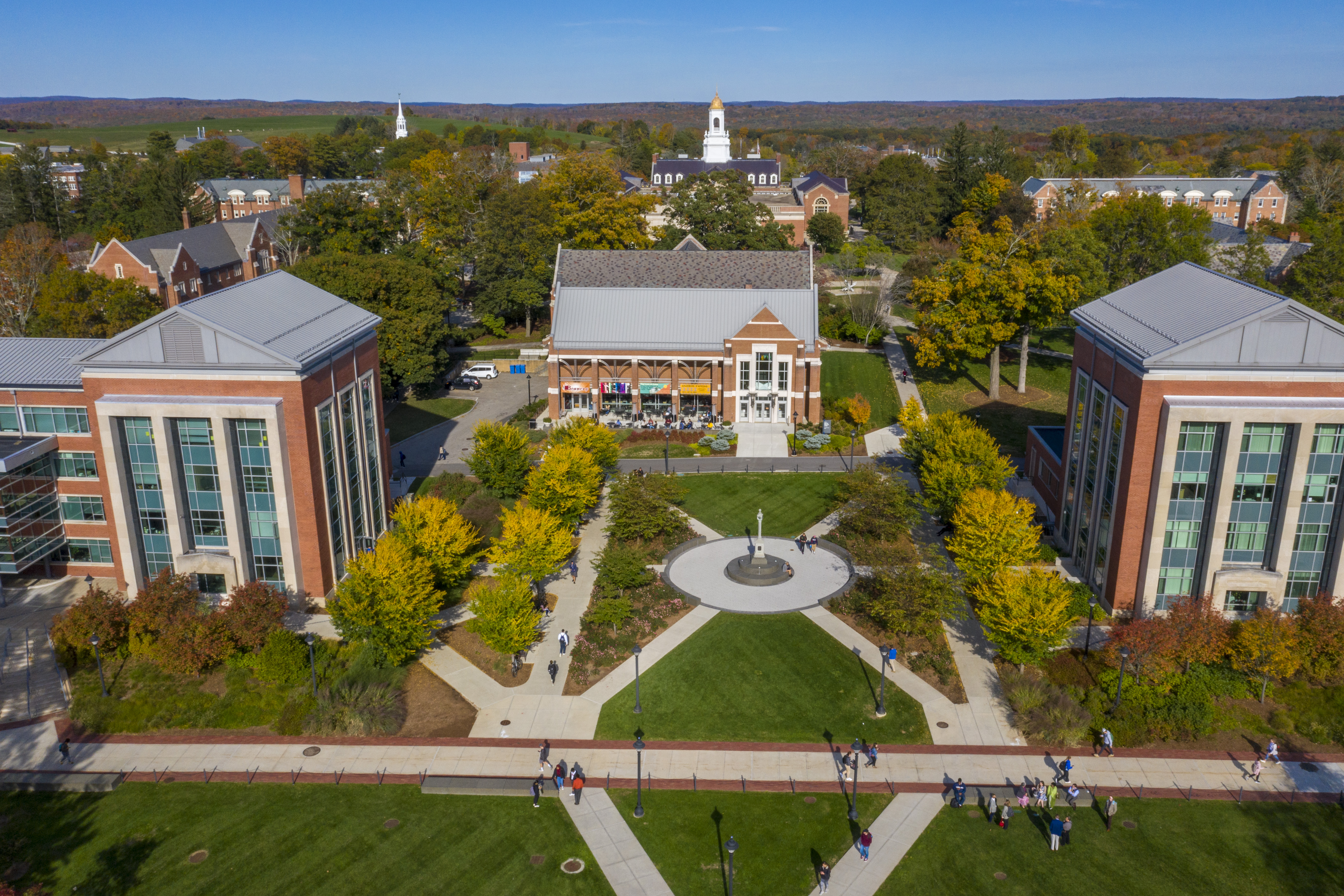
Who has made a difference in your life? Whose life have you tried to change for the better?
For the luckiest among us, our first mentors were our parents. They taught us how to interact with the world, the difference between right and wrong, and, through their actions, how to improve someone’s life.
As we grew up, some of us were lucky enough to have as mentors special teachers, coaches, clergy, or maybe even the parents of a friend. These individuals went beyond their job description and made us believe in ourselves and taught us a few life lessons along the way.
Mentoring goes beyond issuing a “Good job!”; it involves compassion, an unerring belief in the mentee’s potential, and the skill for issuing guidance for change when needed.
During my sophomore year of college, a professor inspired me with her dry humor and her passion for social psychology. Moreover, she took an interest in encouraging me to pursue the subject matter. Taking me under her wing, she allowed me to volunteer my time in her research lab; eventually, I became her paid research assistant, pursued independent study with her, and chose that field for graduate work. She never questioned whether or not I could achieve at the expected level – she just acted as if I would and kept an open door for if and when I needed assistance.
While home on winter break two years later, I took a ride down to UConn with my mom, on a typical snowy, icy January day. My visit coordinator was Charles A. “Skip” Lowe, head of the social psychology division of the Department of Psychology. Skip (he dispensed with “Dr. Lowe” at once) and I bonded immediately, both hailing from Boston’s North Shore and therefore sharing a love of good clean sea air and, of course, the miserable Red Sox.
I spent hours at UConn that day, meeting with other professors and graduate students, but I was hooked the minute I met Skip. He was the consummate salesperson; his enthusiasm for the department was contagious. He was able to rattle off statistics about current research funding, but the real draw was his belief in the potential of the department – and in me.
After a few terrific years at UConn – during which Skip taught me about psychology and communications and management and teaching and being a good person – I left UConn to pursue nonacademic employment. Skip was nonjudgmental, stayed in touch, and continued to believe in me, both personally and professionally.
I have had a few other mentors since Skip – people who have gone above and beyond by taking an interest in teaching me a job, or life skills – or a job and life skills. I value them immensely, and I make sure they know it.
A few years ago, I found myself with some free time in my schedule and signed up to be a mentor through the West Hartford Public Schools. I was matched with a second-grade boy who needed just a bit of extra attention in his life. Since then, we have met at school weekly and I have snuck in some conversation about his life over Checkers, Battleship, or another game. When I returned to full-time employment a few months ago, my employer and I were able to work out a solution that allowed me to continue to mentor every week. It’s a half hour in my life that I can spend, making someone else feel as special as he actually is.
Skip Lowe passed away last month. He had “graduated” from the head of our division, to the head of the department, to the interim dean of the Graduate School. Someone recognized his potential, too, it seems.
Over 40+ years at UConn, thousands of students learned from Skip; hundreds were inspired by him to pursue careers in psychology; dozens of us count him as a lifelong mentor.
Recognizing others, inspiring them to excellence in school, career, or in life doesn’t take a lot of extra time – it takes compassion, perspective, and vision. Many employers allow flexibility for mentoring. Can you fit the time in your week to make someone feel special?
Deb Polun MA ’97



